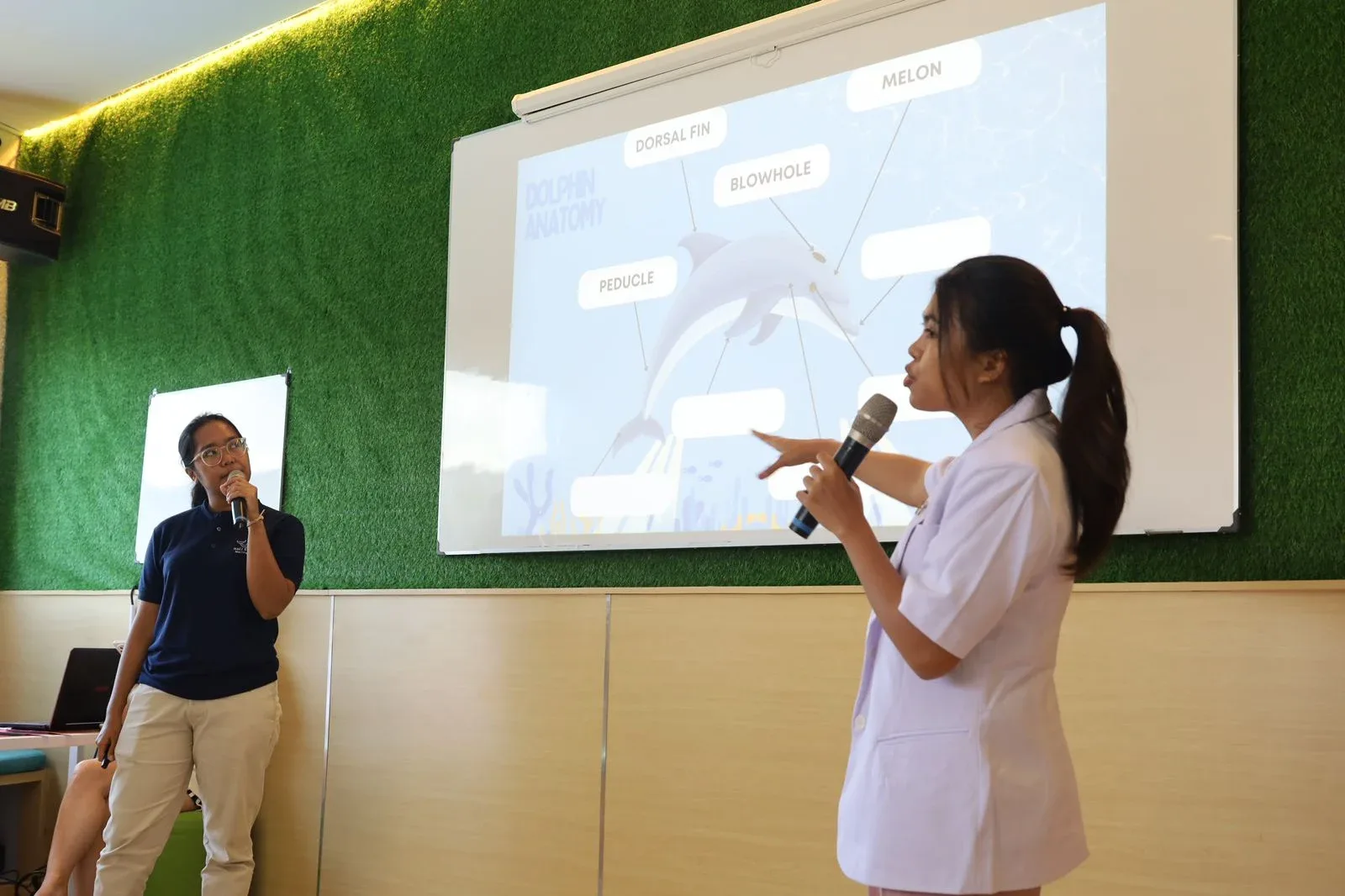Advantages of Bali Dolphins in Captivity
Captive Bali dolphins provide valuable insights into behavior, physiology, and conservation efforts, serve as ambassadors for their species, and raise environmental concerns. They offer educational opportunities for the public, foster interest in marine life, and contribute to scientific research on cognition and social structure. However, concerns are legitimate about animal welfare, space constraints, and health implications.
Captive dolphins may experience negative impacts on their physical and psychological well-being, raising questions about their overall well-being and the impact of training techniques. Further exploration of the pros and cons of captive dolphins suggests a complex relationship between the benefits and challenges of marine mammal conservation.
Takeaways
- Educational value: Captive dolphins offer opportunities for research, conservation, and public education.
- Conservation benefits: Captive Bali dolphins contribute to scientific knowledge and raise awareness about marine conservation.
- Animal care: Improved health services, monitoring, and special feeding schemes improve the welfare of captive dolphins.
- Normative issues: Balancing animal welfare with human needs raises questions about the impact of captivity on dolphins.
- Psychological implications: Captivity can affect dolphin behavior, social relationships, and overall well-being.
Benefits of Captive Bali Dolphins
Captive dolphins have been shown to offer educational and conservation benefits to both the public and the marine ecosystem. Captive Bali dolphins provide valuable opportunities for researchers to study their behavior, physiology, and communication patterns up close, leading to a better understanding of these magnificent creatures. This knowledge can then be used to improve conservation efforts in the wild, helping to protect dolphin populations and their communities.
Captive dolphins further serve as ambassadors for their species, helping to raise awareness of marine conservation issues within the community. Through interactive educational and experiential programs, visitors can learn about the importance of protecting dolphins and their marine environment. Direct exposure to these intelligent animals can foster a deeper connection with marine life and provide personal inspiration to take action to preserve our oceans.
Learning Value for the Public – Bali Exotic Marine Park
Exploring the impact of captive dolphins on public education presents a diverse opportunity to raise awareness and knowledge of marine conservation. Captive Bali dolphins provide a unique, up-close experience for the public, allowing them to personally observe these magnificent creatures. Educational programs offered at the dolphinarium educate visitors about dolphin behavior, biology, and the importance of marine conservation efforts.
Interacting with captive Bali dolphins can stimulate curiosity and interest in marine life, which can lead to further research and evaluation of marine ecosystems. Through educational presentations, visitors can learn about the threats dolphins face in the wild, such as pollution, community loss, and overfishing. These firsthand experiences can inspire individuals to take action when protecting marine areas and support conservation initiatives.
Pros and Cons of Annexation
In addition, the accessibility of the dolphinarium makes it easy for schools and educational institutions to conduct field trips and educational programs that focus on marine biology and conservation. By providing a basis for experiential assessment, captive dolphins play a role in fostering a sense of environmental responsibility and responsibility in the community.
Improved Animal Care and Supervision
Improving animal care and supervision practices for captive Bali dolphins can result in improved welfare and overall health outcomes. By implementing more stringent supervision procedures and providing specialized clinical care, facilities can ensure the physical and psychological health of these marine mammals.
However, concerns about the impact of captivity on dolphins’ natural behavior and social structure need to be addressed.
Health Benefits
The welfare of captive dolphins has improved significantly due to improvements in animal care and supervision practices. These improvements have already provided several health benefits to dolphins,
- Regular Health Checks: Dolphins now receive regular health checks, including physical examinations and blood tests, to monitor their overall health status and identify potential problems early.
- Special Diets: Veterinarians customize specific diet for dolphins based on their individual nutritional needs, ensuring that dolphins receive the proper nutrition to support their health.
- Advanced Clinical Care: Dolphins now have access to advanced clinical care, such as surgery and therapy, to quickly and efficiently address any health issues.
- Behavior Monitoring: with behavior monitoring techniques, veterinarians can watch for and look for changes in dolphin behavior, which can indicate underlying health issues that need attention.
These practices contribute significantly to improving the well-being and health of dolphins in captivity, demonstrating the positive impacts of improved veterinary care and supervision.
